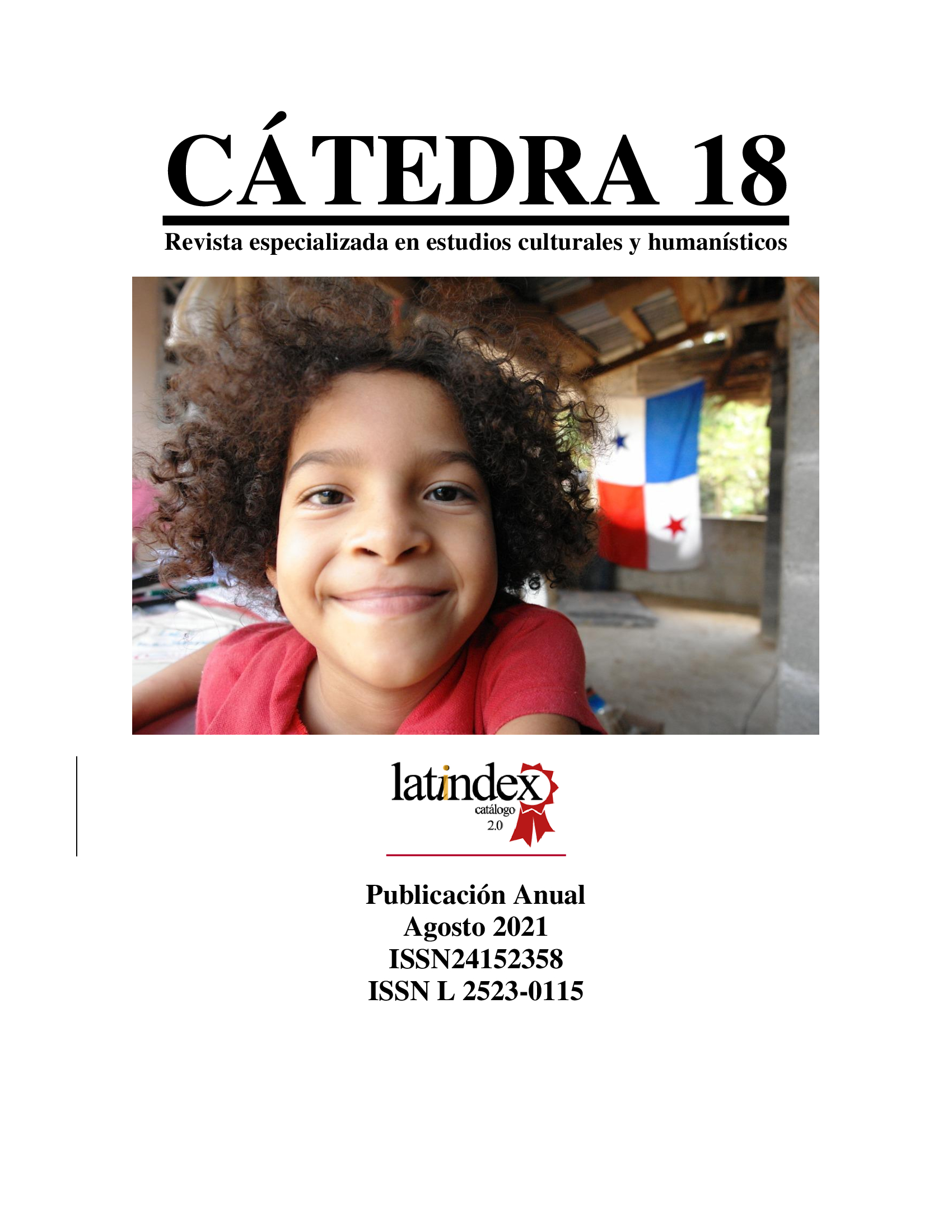

This article aims to analyze the process of reconfiguration of the urban space of the city of Rio de Janeiro and understand the senses of that transformation. The methodology chosen for that text will be Pragmatic Sociology through collective action based on the theoretical arguments of Daniel Cefai and Alberto Mellucci. For this task, the socio-historical processes of Rio de Janeiro will be described, in more detail since the 1990s, when the urban entrepreneurial (HARVEY, 2005) project has begun, for the transformation of the city into a global one, that is, the era of the financialization of urban space. In that sense, the realization of mega events, especially those of a sports nature, would be the positive points of exposure of this project, which had functional, material and symbolic dimensions, as well as economic, social and political aspects. But this transformation resulted in the change in the design of the city and caused social conflicts, due to territorial and population qualification in a different way. Therefore, social interactions and their meanings during the 2016 Olympic Games will be analyzed based on the concepts of territory, rights and segregation.